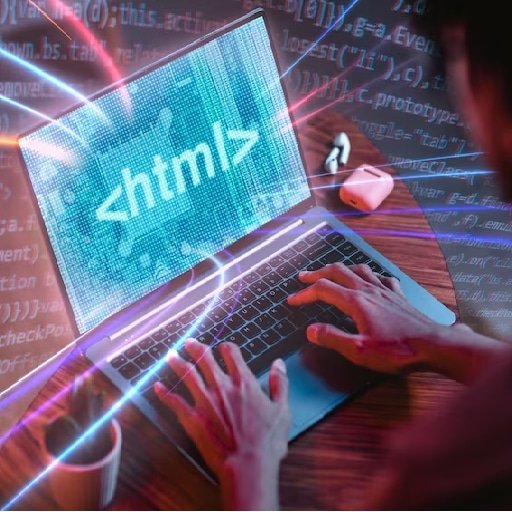
PHP error handling is an essential part of the development process. It allows developers to identify and fix issues in their code, ensuring that the application runs smoothly and without any unexpected errors. In this article, we will explore various techniques and best practices for handling errors in PHP, making the debugging process easier and more efficient.
1. Displaying Errors:
By default, PHP does not display errors on the screen, which can make debugging difficult. To enable error reporting, you can use the `error_reporting` function and set it to `E_ALL` to display all types of errors. Additionally, you can use the `ini_set` function to set the `display_errors` directive to `On` to display errors on the screen.
“`php
error_reporting(E_ALL);
ini_set(‘display_errors’, ‘On’);
“`
2. Logging Errors:
Displaying errors on the screen is useful during development, but it is not recommended for production environments. Instead, you can log errors to a file or a database for later analysis. PHP provides the `error_log` function to log errors. You can specify the log file path as the first parameter and the error message as the second parameter.
“`php
error_log(‘Error message’, 3, ‘/path/to/error.log’);
“`
3. Custom Error Handling:
PHP allows you to define custom error handlers using the `set_error_handler` function. This function takes a callback function as a parameter, which will be called whenever an error occurs. You can define your own error handling logic inside this callback function.
“`php
function customErrorHandler($errno, $errstr, $errfile, $errline) {
// Error handling logic
}
set_error_handler(‘customErrorHandler’);
“`
4. Exception Handling:
In addition to errors, PHP also supports exceptions for handling exceptional situations. Exceptions provide a more structured and flexible way of handling errors. You can use the `try-catch` block to catch and handle exceptions. Inside the `catch` block, you can log the exception or display a user-friendly error message.
“`php
try {
// Code that may throw an exception
} catch (Exception $e) {
// Exception handling logic
}
“`
5. Debugging Tools:
PHP provides various debugging tools that can help you identify and fix errors more efficiently. Some popular debugging tools include Xdebug, PHP Debug Bar, and PHPStorm. These tools provide features like breakpoints, step-by-step execution, variable inspection, and stack trace analysis, making the debugging process easier and more effective.
In conclusion, PHP error handling is crucial for identifying and fixing issues in your code. By enabling error reporting, logging errors, defining custom error handlers, using exceptions, and utilizing debugging tools, you can make the debugging process easier and more efficient, ensuring that your PHP application runs smoothly and without any unexpected errors.